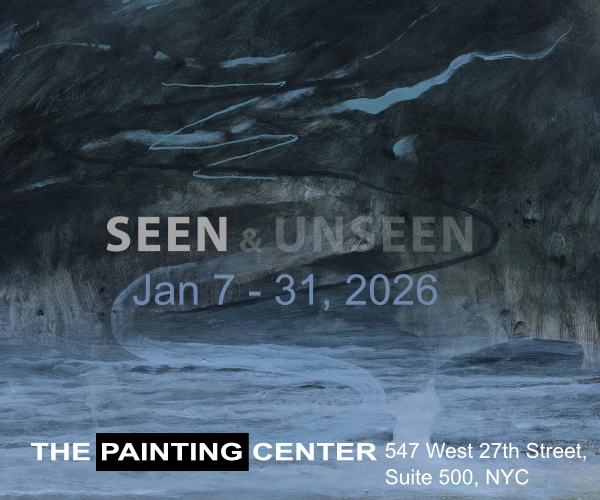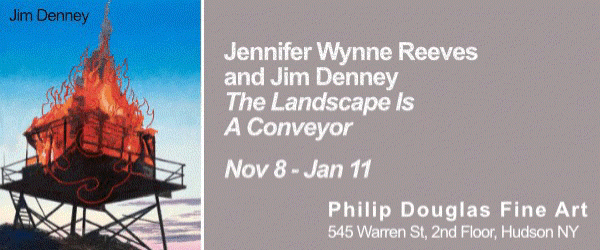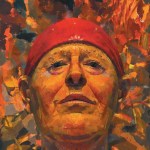
Contributed by Paul DAgostino / Nobuhiko Obayashis film Labyrinth of Cinema is, as billed, broadly, profoundly, and provocatively about war. He is best known for his epic War Trilogy. At the same time, the storied Japanese filmmakers final film completed not long before he passed away at the age of 82 in April 2020 is also a visually dazzling, pan-historical account of the ways in and reasons for which films are made, viewed, critiqued, and recalled. Obayashi also revisits the stylistics and trickery he became known for over his six decades of creative activity in experimental film, television advertising, and mainstream media.
The film does meander rather much. Yet it also frankly tells us, up front and from some sort of surreally envisioned intergalactic future, that that is exactly what it will do. Obayashi himself, from what we might call the drivers seat of his terminal opus, prepares us for this spiraling journey in a scene unforgettably populated with dreamy fish swirling about in a space pod. Still, though we know were in for a wild ride, we might also feel stunned by the many quickly interpolated editing tricks and textual insertions. Nonplussed or not, most viewers can settle in by considering that we are entering a labyrinth, aware of the existence of a terminus following a deceptively circuitous route, and of the filmmakers intent to transmit wartime narratives and imagery as we navigate the maze. Hence all the flashy, colorful, flashing, clipped, jarring, explosive, cacophonous, jargony insertions. The movie becomes a sensorial battleground for archival combat between aspects of war as entertainment in films, and war as news.
Two Coats of Paint Fundraising Update: After nearly nine weeks, we’re inching toward our fundraising goal. Thank you, readers, for your generous support. If you enjoy our art coverage and have not yet contributed, please consider making a tax-deductible donation. Help keep Two Coats going in 2022. Thank you! Click here to contribute.
Even so, our senses are relieved, and our intellects perhaps reassured, by comically multi-cast actors, sympathetic stock comedy and war-movie characters, compelling family dramas, occasionally slapstick swashbuckling, loads of disarmingly gorgeous tableaux and theatrics, a touching love story, and prophetic poetry. Grounding this jangled mlange is a comfortable and familiar setting: a smallish older-school movie house in a smallish town by the sea in this case Onomichi, where Obayashi grew up as the beloved theater holds its last screening, an all-night marathon of Japanese war films.
Its a time-warping, meta set-up, further framed as we delve into and vault out of an array of films alongside characters like Mario and Noriko, whose patently impossible tale of affection furnishes the movie with a touching and cohesive thread. They are flanked by plentiful and variably lovable others among the theaters spectators, many of whom are also importantly participatory. These players include a textbook cinephilic film critic eager to watch and take notes, a wizened old man in the back of the theater who drops comments of wisdom and complains about the stench of the bathroom, a fellow with impeccable hair whos something of a wannabe yakuza, several generations of family members we meet as they enter the theater and take their seats, and a mysterious soldier standing at attention. He might be at the center of the labyrinth, an anachronistic stand-in for its guiding poet, maybe the minotaur of the great maze, or a narratively deferential unknown soldier, cinematically entombed.

From the get-go, Obayashi gives us a great deal to register and keep track of. But the payoff is worth the effort, for we laugh and weep, shocked and awed. Aww, how sweet, we might even say when a sweet little harmonica plays a delicately romanticized rendition of The Canary That Forgot to Sing. All the while we dive into and out of Japanese history by way several indelible anecdotes, such as the tale of a group of young girls forming a barricade around a beloved piano to prevent the Japanese military from destroying it during World War II. Indelible, too, are many trenchant yet rather plainly expressed lines of dialogue Wars start because we complicate things, A happy ending is when the world is one and resonant verses culled from the writings of early twentieth-century poet Chuya Nakahara.
In imagery, audio, and text, Obayashi cites some of Nakaharas most presciently ominous verses to great effect. Here are a few particularly incisive lines from One Autumn Night, which are a recurrent refrain first intoned at the beginning of the film:
Dark clouds gather behind humanity,
hardly anyone notices it.
If you saw it, youd feel as sick as I do.
Therefore, I believe that those who feel sick
know whats happening.
Its hard to overstate the pertinence of these verses to contemporary life. From the global to the local, from the environmental to the clinical, from the interpersonal to the individual, the spheres and forms of palpable illness are many and sundry, and more people are sickened every day, whether by an actual ailment or a deepened sense of malaise. In Nakaharas words, also reiterated by Obayashi, They call it modernization / I call it barbarization.
Obayashis labyrinth is cinematic, and his subject is war, but the greater puzzle he seems to be conjuring involves the innards and workings of the world itself. The labyrinth is everywhere, and its entrance is at our doors. Knock-knock.
Labyrinth of Cinema, directed by Nobuhiko Obayashi. Distributed by Crescendo House, 2019.
About the author: Paul DAgostino, Ph.D. is an artist, writer, translator and curator. He works with the MFA program at The New York Studio School as writing and thesis advisor, and he is a regular visiting critic and instructor for several residency programs. He also teaches writing workshops, is a translator among various languages, and writes about art, books, and film on a freelance basis. More information about him is available here, and you can find him as @postuccio on Instagram and Twitter.
Related posts:
About an image, without an image: Reflections on looking at a painting
Poetic Pursuits: The Truffle Hunters
Fiction: Consummate Saturday [Paul DAgostino]
Paul DAgostinos pictorial discursiveness























